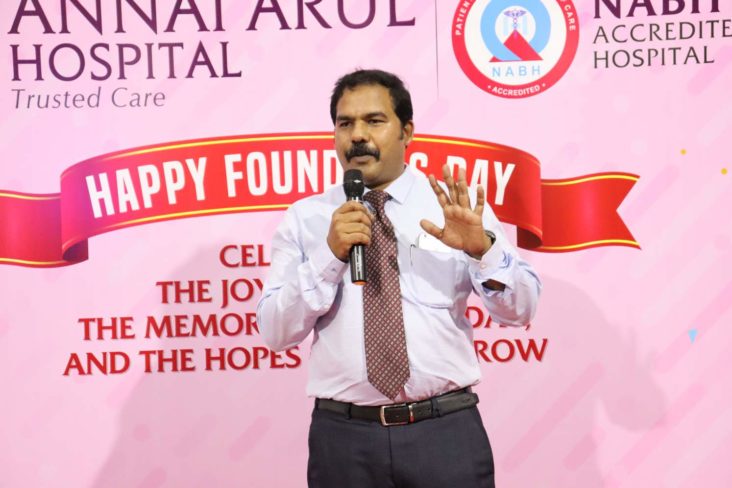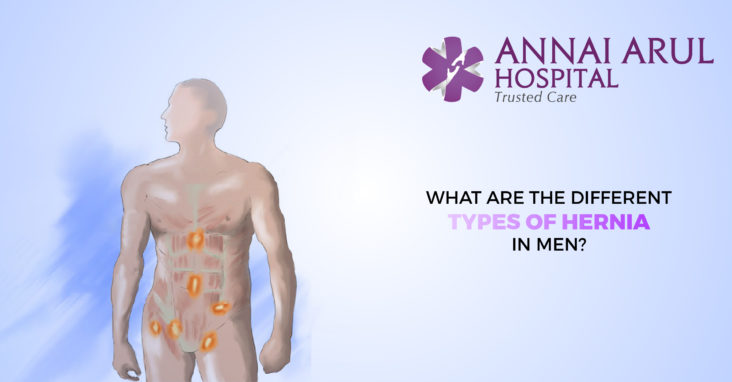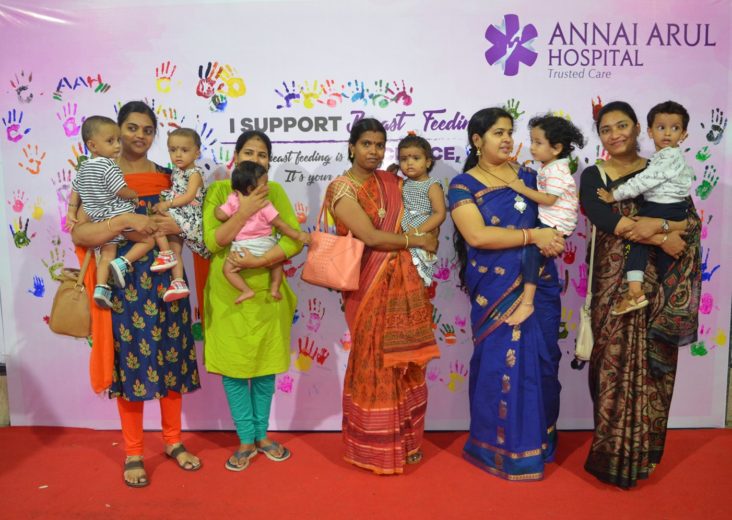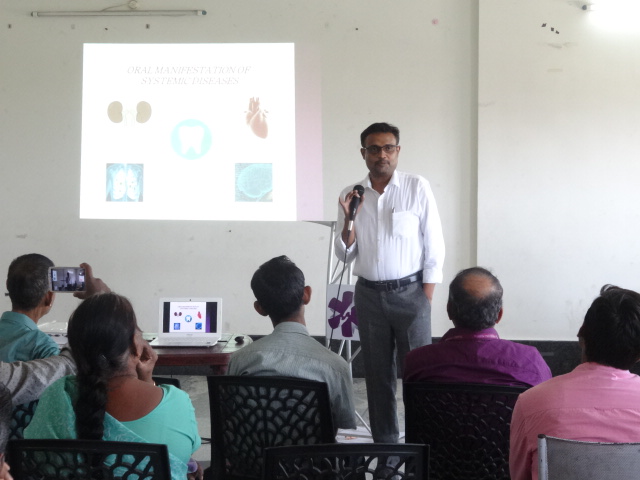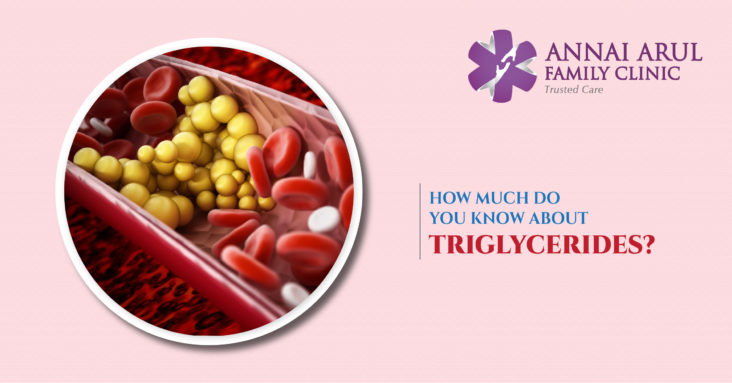On 14th of Sep 2019, Annai Arul hospital celebrated Founder’s Day the birthday of Chairman Mr. J. Selvam and the celebration for achieving NABH accreditation. Staffs and Consultants were invited along with their family members for the celebration that was filled with loads of entertainment. Staffs from various departments shared their experience in the organization and their journey towards the NABH achievement. Employees were recognized for their best performance as a fresher, as a team leader, for good attendance record, for their classic performance and classic care and for good scores achieved in performance appraisal in the year 2017-18 and 2018-19. Trophies and certificates were given out to employees and award of appreciation as a token of gratitude was given to the NABH consultants by the chairman Mr.J. Selvam and Medical Director Dr.S. Joseph Jensingh Babu. Every attendees of the program enjoyed the day with the feel of triumph and a content heart that was filled by a lip-smacking dinner.
Annai Arul Hospital organized breastfeeding awareness programme on 24th Aug 2019.
The motive of the program was to create the importance of breastfeeding and emphasizing the health benefits.
Five best moms who had exclusively breastfed their babies were invited as chief guest for the program.
Joint Medical Director Dr. Meena Joseph and Paediatricians Dr. Sandhiya and Dr. Shobana clarified all the queries of the mothers related to breastfeeding and its benefits
.
The audiences were entertained with cultural activities like dance and mime. Best Mom Competition was conducted and the best mom award was given to a well baby’s mother. Other competition and prizes were given to the winners.The program ended with kids dance floor. From start till the end the programme created a positive vibes amongst the mothers and audience and created a realization as to the importance and benefits of breastfeeding.


